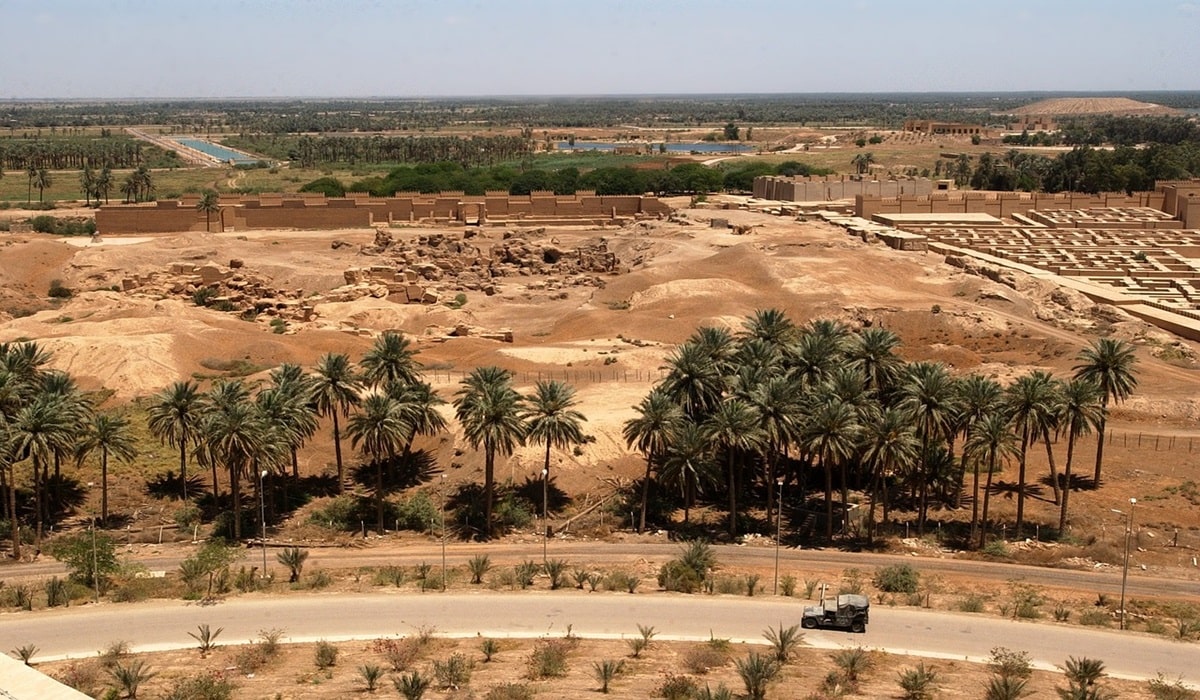COP 29: How Climate Change is Devastating Iraq’s Farming Communities
- Ingrid Jones
- Middle East
- Trending
- November 18, 2024

As COP 29 convenes in Azerbaijan, a stark new report from the Norwegian Refugee Council (NRC) highlights the devastating impact of climate change on farming communities in Iraq, particularly among displaced and returnee populations. The report, titled Cracked Earth, Shrinking Harvest: Drought Impact on Displaced and Returnee Iraqis, reveals how extreme weather conditions, including prolonged droughts and rising temperatures, are drastically reducing agricultural productivity, food security, and access to water.
According to the NRC, nearly half of Iraq’s farming families have been forced to scale back their agricultural activities. This includes cultivating less land and using significantly less water during the 2024 growing season compared to previous years. The reduction in crop yields has worsened the already fragile situation, with the country facing a major food security crisis. In 2023, Iraq saw a decline in the harvest of eight out of its top ten crops, including essential vegetables and legumes. This has left Iraq unable to meet its domestic food demands, further deepening its reliance on imports and exposing millions to hunger and malnutrition.
Displaced Iraqis are bearing the brunt of these environmental changes. A survey conducted by NRC across five governorates of Iraq found that 59 percent of displaced households had to reduce their food expenditure due to declining incomes, while 75 percent reported rising tensions within communities over access to dwindling water resources. The situation is further compounded by Iraq’s outdated water infrastructure, which remains ill-equipped to meet current and future demands. Despite severe water shortages, approximately 70 percent of farmers still rely on flood irrigation, exacerbating the crisis.
“The severity of the droughts over the past four years underscores a climate disaster that is hindering Iraqis’ ability to recover from decades of conflict and instability,” said Sue Clarke, NRC’s country director for Iraq. “This is compounded by chronic mismanagement of water resources, which leaves vulnerable communities facing increasingly dire conditions.”
The NRC’s report also highlights the struggles of displaced families trying to return to their areas of origin. While some have been able to return, many find their ancestral lands uninhabitable due to environmental stressors. Osman, a displaced farmer from Ninewa governorate, shared his frustration with NRC, saying, “The land my ancestors farmed for generations is barren. Those who have returned home tell us every day is a struggle. Life is tough here, but the reality at home is tougher.”
NRC’s findings indicate that climate-induced displacement is on the rise. In 2024, 5 percent of returnee households were forced to move again due to drought-like conditions, a slight improvement from the previous year. For those who remain displaced, 20 percent of households in informal camps lack access to clean water, while three-quarters of households report community tensions over water sharing. Furthermore, a staggering 62 percent of displaced families had to borrow money to meet basic expenses, underlining the severe financial strain on these communities.
In light of these alarming findings, NRC calls on global leaders attending COP 29 to prioritize climate adaptation funding for conflict-affected and displacement-prone communities like those in Iraq. “Iraq needs urgent international support to begin rebuilding its agricultural sectors and improve water resource management to mitigate the compounded effects of climate change,” Clarke added.
As COP 29 continues its discussions, the need for transformative investments in climate resilience becomes even clearer. Iraq’s experience underscores the urgency of addressing the climate crisis in conflict zones, where displaced populations are already struggling to rebuild their lives in the face of ever more extreme weather events. Without significant global action, the situation for Iraq’s vulnerable farming communities—and millions of others like them—will continue to deteriorate, threatening both food security and long-term stability in the region.








